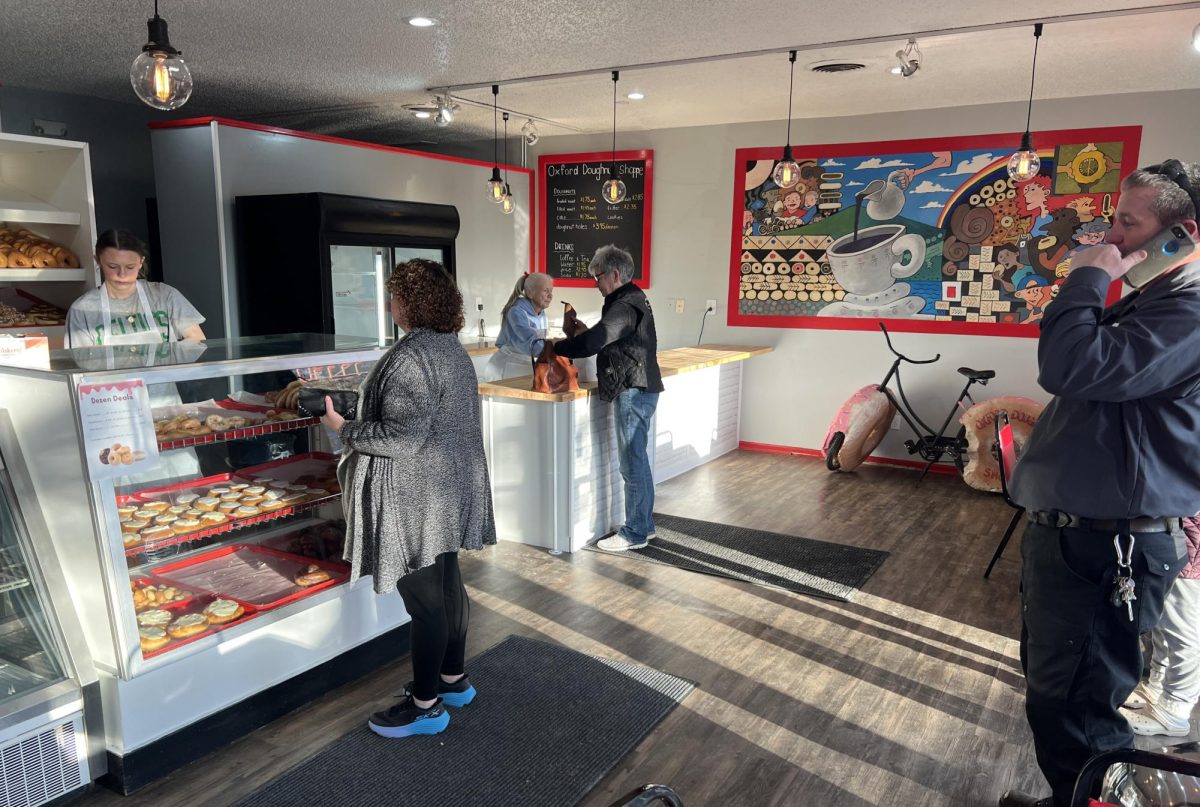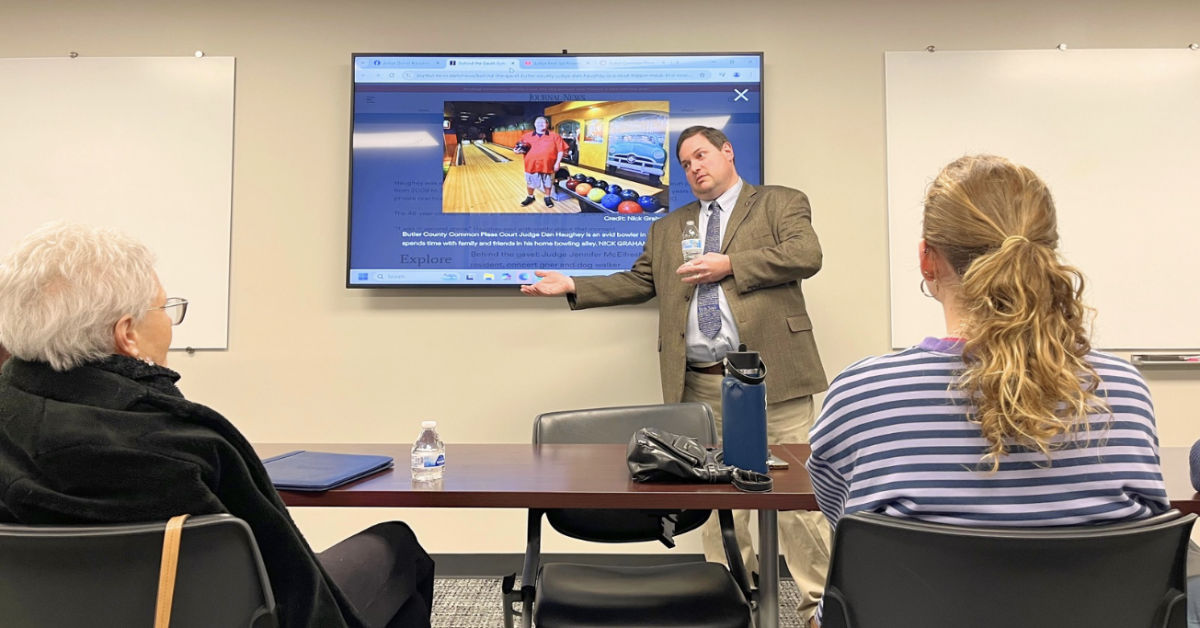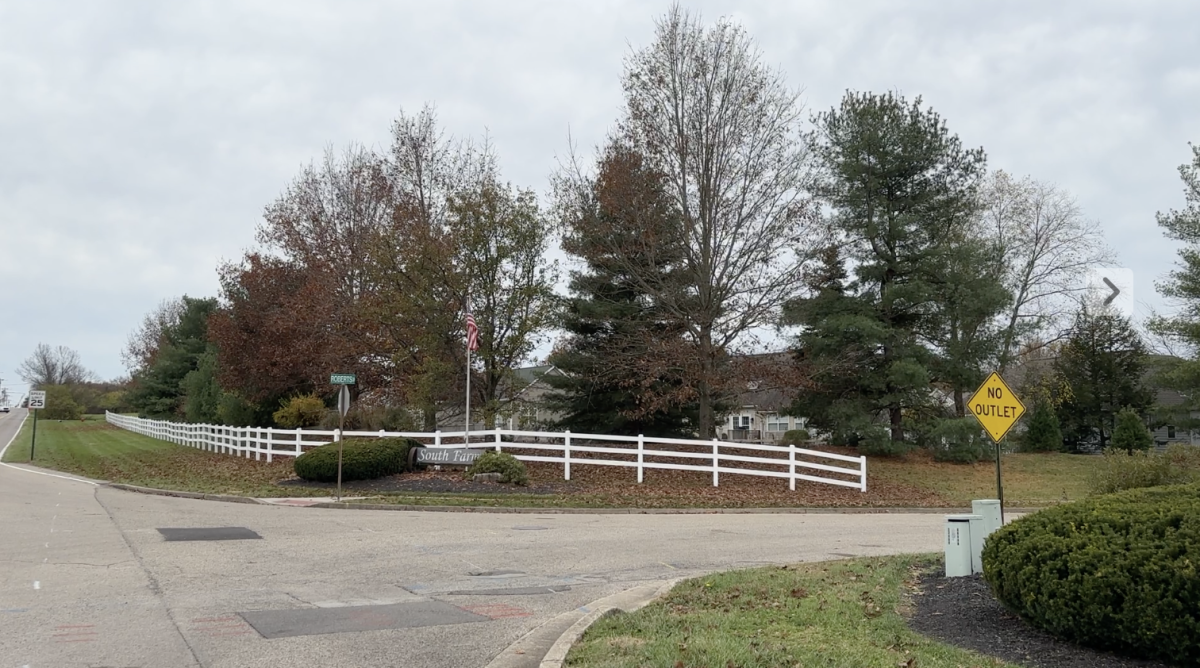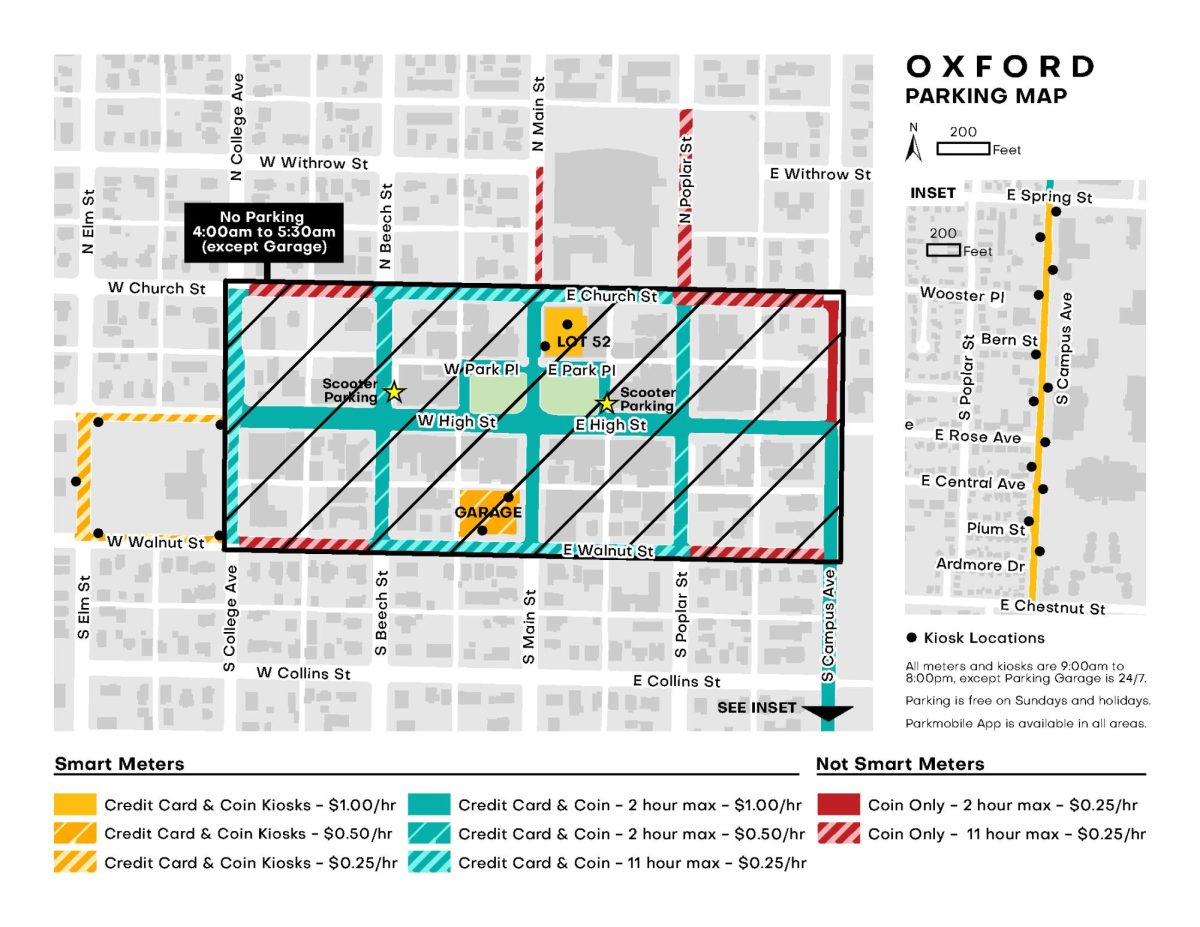The city of Oxford became one of 9,000 cities around the world to pledge allegiance to the Global Covenant of Mayors for Climate and Energy, a partnership of cities dedicated to reducing greenhouse gas emissions locally.
City Council voted unanimously to sign the Covenant of Mayors commitment at its Sept. 3 meeting.
As a member of the Covenant, the city will conduct an inventory of greenhouse gas emissions, create reduction targets, develop an implementation plan, and monitor the progress.
“This will be a fundamental shift, but aligns with the goals we already have,” said David Prytherch, city councilor.
In 2020, Oxford is scheduled to update the city’s Comprehension Plan to integrate climate action along with transportation and land use.
But Oxford residents don’t have to wait for the city to make that update. Citizens can act now by knowing what their household carbon footprint is.
The United States Environmental Protection Agency has an easy to use calculator. Simply type in how many family members live in the residence and the zip code to get started. The calculator walks users through CO2 emissions from home, from transportation, and waste.
“Most of our household emissions come from heating/cooling, driving, electricity consumption, and food/waste,” Prytherch said. “Driving less, efficiency upgrades, and eating sustainably can help save money and the planet.”
But patience is critical when dealing with climate action. Change takes time, and results will follow.
According to the Global Covenant of Mayors for Climate and Energy, “By 2030, Global Covenant cities and local governments could collectively reduce 1.3 billion tons of CO2 emissions per year. That’s the equivalent of taking 276 million cars off the road.”
The collaboration and partnership between city leaders and community members are vital for the city to reduce greenhouse gas emissions successfully.
“Residents can expect more innovations like we’ve already seen around town,” Prytherch said.
Those innovations include composting, bike lanes, e-scooters, and residential electricity from renewable energy credits.
A renewable energy credit is electricity generated from a renewable energy source such as wind power or solar power.
Although Mayor Kate Rousmaniere was in support of signing the Covenant, she expressed her concerns at the meeting about the daunting task of conducting the greenhouse gas inventory with a city staff that is already stretched. She urged the community to help out and volunteer to ensure the city’s success.
Community member Sandi Woy-Hazleton responded with encouragement.
“Not only do we have the ability of the university, we also have retired people who are willing to volunteer to help on this, some of us believe bravely in moving forward,” she said. “I would like to say that you’re not alone; there are many of us who are supportive.”
Councilor Michael Smith also voiced his support for the Covenant. “What we’re doing now, whether we talked about it in terms of two years, or three years or five years, what we’re doing now is a decades-long, forever process to get where we want to go and eventually be there,” he said. “We have to start, so we might as well start here.”





